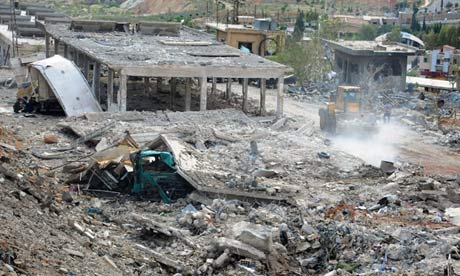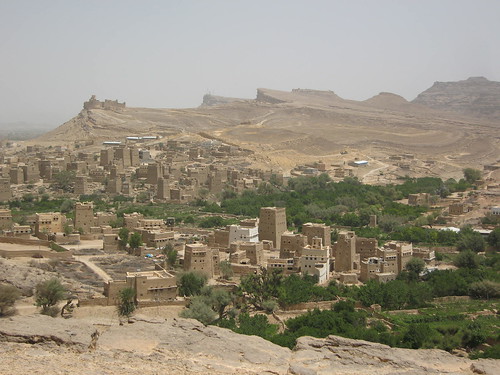 (Photo AP)
(Photo AP)A court in the Egyptian city of Alexandria on Thursday handed out extreme severe punishments to 21 girls and women who demonstrated in October for the reinstatement of former president Mohammed Morsi. The court convicted 14 of them to 11 years and one month in jail for destruction of private property, attacking security forces and stirring violence. It ordered seven minors to be placed in a detention centre until they reach the age of majority. These girls range from 15 to 17 years. The 21 women were arrested in late October during clashes with residents following a demonstration.
The Alexandria ruling is being seen as part of the wide crackdown led by Egyptian authorities against Islamists since Morsi's ouster. More than 2,000 Muslim Brotherhood members have been detained on charges of inciting violence, including the group's top leaders.
Earlier in November, a court sentenced 12 university students to 17 years in prison over riots at Al-Azhar Institution, also stiring criticism over the harshness of the sentence. The students were found guilty of attempting to storm the headquarters of the institution, inciting riots and attacking Al-Azhar employees and security personnel, as well as sabotaging public and private property. They were ordered to pay a fine of LE64,000 each.


.jpg)
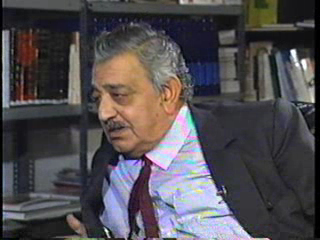
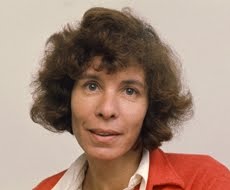
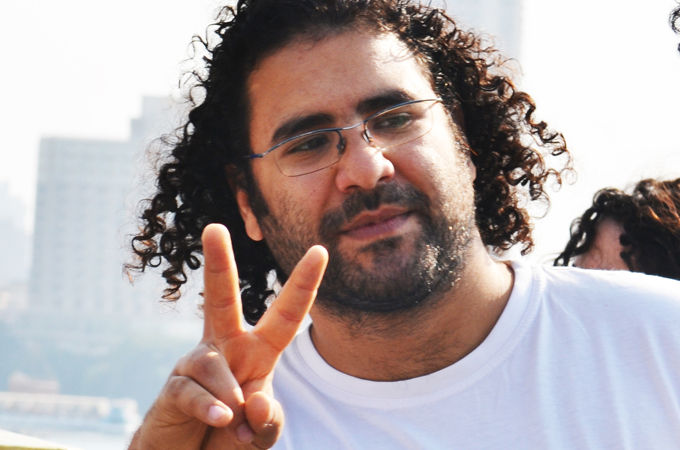





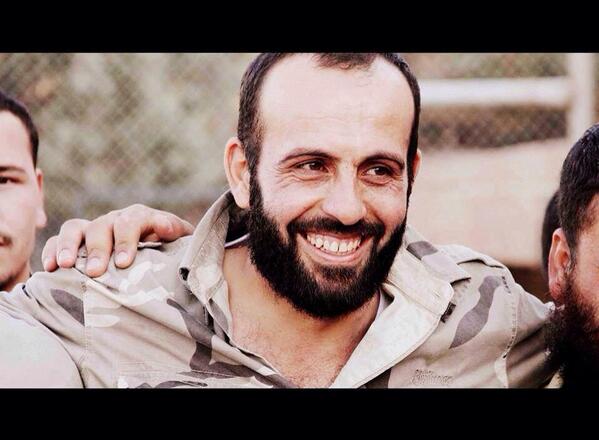
 Two suicide bombers blew themselves up outside the Iranian embassy in
Beirut's southern suburbs Tuesday morning, killing at least 25 people
and wounding about 150, in a brazen attack claimed by an
Two suicide bombers blew themselves up outside the Iranian embassy in
Beirut's southern suburbs Tuesday morning, killing at least 25 people
and wounding about 150, in a brazen attack claimed by an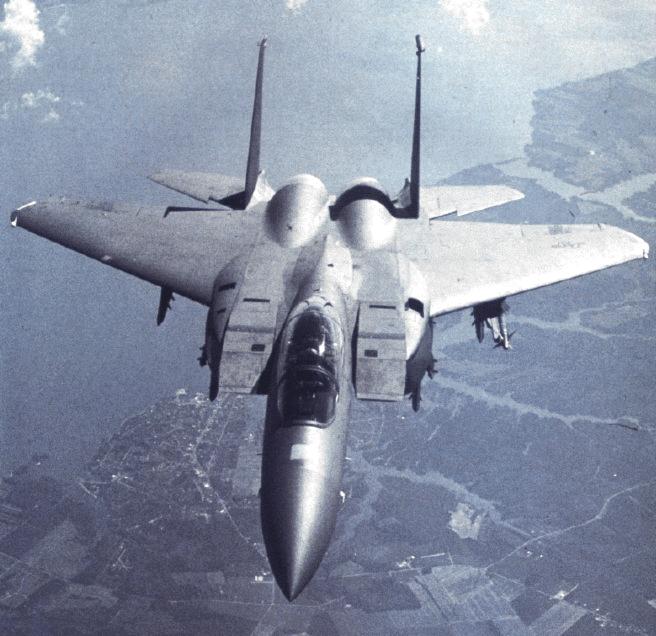


 The Yemeni newspaper
The Yemeni newspaper 




